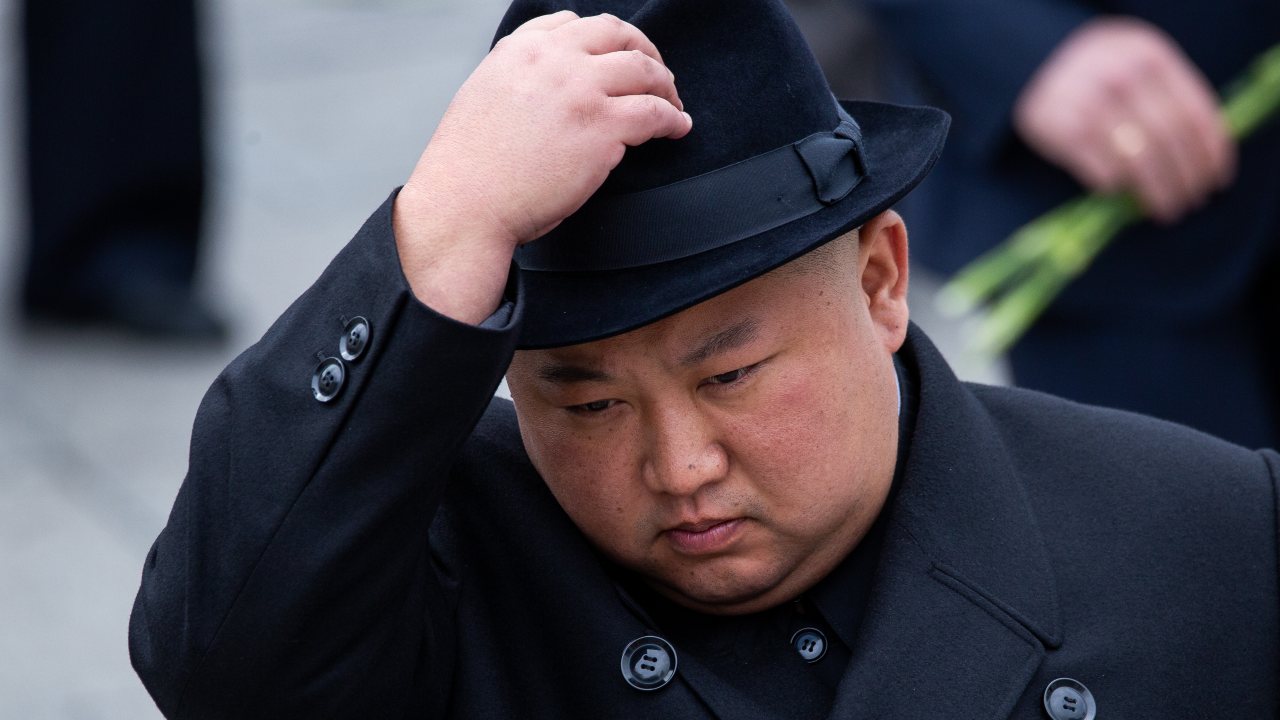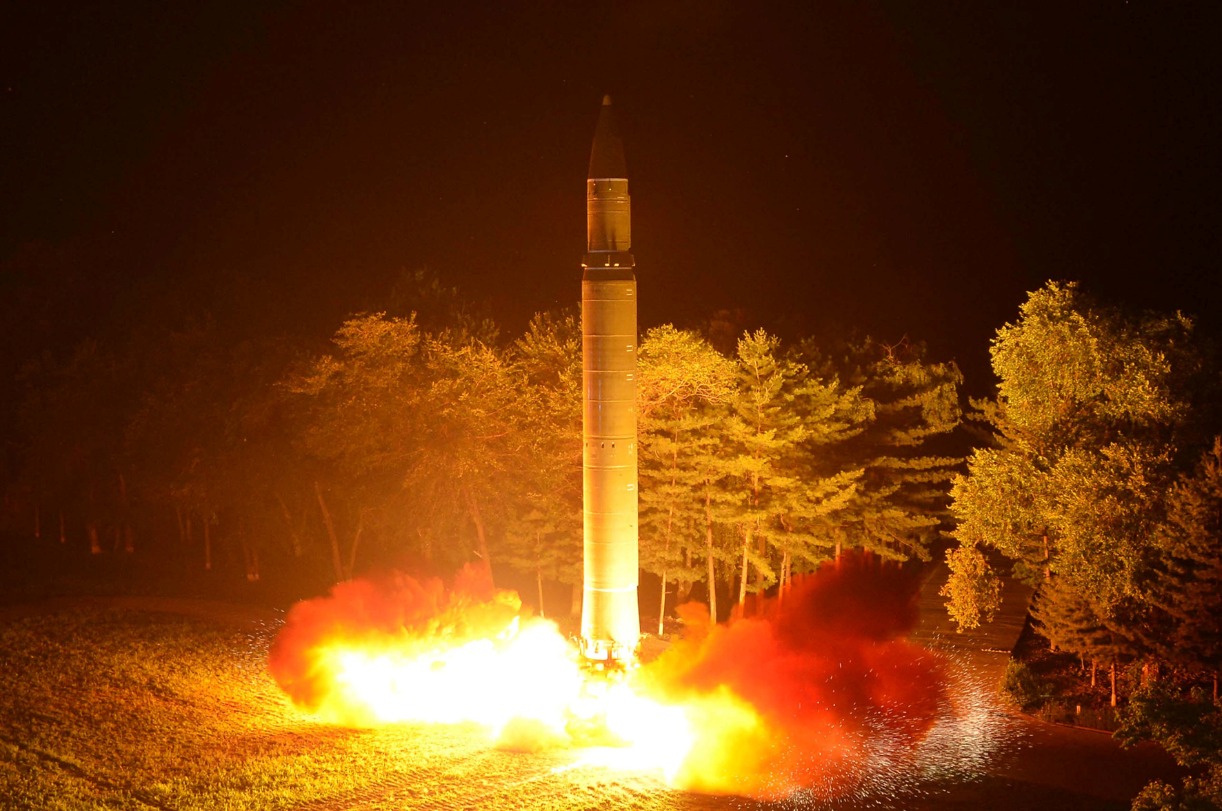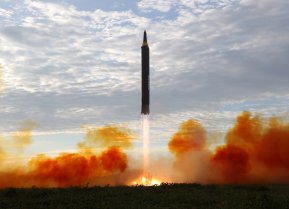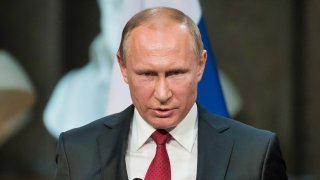The Putin Visit Could Mean Russia Makes North Korea's Military Even Deadlier
Though it is unlikely that the two leaders will announce specific arms deals, they could upgrade their military relationship to include a Russian pledge to defend North Korea.
Russian President Vladimir Putin’s June 18-19 visit to North Korea will further enhance the recently reinvigorated bilateral relationship — and exacerbate concerns over the extent of Russian military assistance to Pyongyang.
Putin’s trip, his first to North Korea since 2000, is a reciprocal gesture for Kim Jong-un’s September 2023 trip to Russia.
Though it is unlikely that the two leaders will announce specific arms deals, they could upgrade their military relationship to include a Russian pledge to defend North Korea.
Bilateral Russian-North Korean ties had languished since the collapse of the Soviet Union, but Moscow’s invasion of Ukraine brought new relevance to the relationship. North Korea provided diplomatic support to the invasion and began shipping munitions. Kim’s September 2023 trip to Russia and summit meeting with Putin were breakthroughs in bilateral relations and confirmed the growing military and diplomatic entente between the two countries.
Kim visited Russian production facilities for air, naval, and ground weapons, but no military deals were announced. Since then, North Korea shipped massive amounts of artillery munitions and dozens of its latest short-range ballistic missiles to Russia.
South Korean Minister of Defense Shin Won-sik recently stated that North Korea has now sent 10,000 shipping containers which could hold 4.8 million artillery shells to support Russia’s invasion of Ukraine. However, what Pyongyang has or will receive in return for its military largesse remains unclear.

During the past year, senior Russian and North Korean officials as well as numerous economic, agricultural, and development delegations have traveled to each country. But details of any Russian military assistance to North Korea remains unknown. Some experts speculate that Moscow might provide the crown jewels of military technology, such as designs for nuclear warheads, reentry vehicles, or ICBMs.
However, it is more likely that Russia would provide technology or production assistance for high-end conventional weapons such as aircraft, nuclear-powered submarines, and military reconnaissance satellites and launch technology. North Korea’s first successful satellite launch last November was assessed by some as the result of Russian technology transfer.
South Korea reported that a large number of Russian experts traveled to North Korea after the September 2023 summit to help with North Korea’s spy satellite efforts and that Moscow may have provided the first stage propellant for a new launch vehicle which Pyongyang unsuccessfully launched last month.
Russia is unlikely to send weapons to North Korea since Moscow requires them in its invasion of Ukraine. Neither Moscow nor Pyongyang is likely to announce any transfer of military technology lest it trigger sanctions enforcement by the international community. However, the two leaders might announce a formal enhancement to their military relationship.
In 1961, the two countries signed a treaty of friendship and mutual assistance which included a clause for automatic military intervention of either country was attacked. The treaty ended in 1996 after Moscow established diplomatic relations with South Korea. In 2000, the two countries signed a bilateral cooperation agreement, but it did not include any military relationship.
The burgeoning Russian-North Korean relationship is dangerous for U.S. strategic interests in both Europe and the Indo-Pacific. Pyongyang has been able to augment Russia’s attacks on Ukraine while gaining economic benefits which undermine the effectiveness of international sanctions.

Any Russian augmentation of North Korean military capabilities, even for conventional weapons, increases the risk to U.S. allies Japan and South Korea, as well as to U.S. forces stationed there. A formal Russian-North Korea military alliance would complicate allied military plans for responding to North Korean attacks or major invasion, as well as potentially embolden Pyongyang to even more provocative behavior.
Russia has long sided with North Korea in the UN Security Council, shielding Pyongyang from stronger international sanctions. Earlier this year, Moscow blocked the annual renewal resolution to continue the UN Panel of Experts which monitors North Korean violation of 11 UN resolutions against the regime’s nuclear and missile programs. Moscow’s action will make it more difficult to monitor international compliance with the required sanctions.
The Biden administration’s weak enforcement of U.S. laws and UN sanctions have undermined the effectiveness of international action against repeated violations by North Korea as well a Chinese and Russian entities assisting Pyongyang’s prohibited nuclear and missile activities. The U.S. must enforce its laws more diligently and lead an international coalition to comprehensively target Pyongyang and its accomplices.
About the Author: Bruce Klingner
Bruce Klingner is Senior Research Fellow for Northeast Asia at the Heritage Foundation. He previously served 20 years with the CIA and Defense Intelligence Agency, including as CIA’s Deputy Division Chief for Korea.
Image Credit: Creative Commons.


